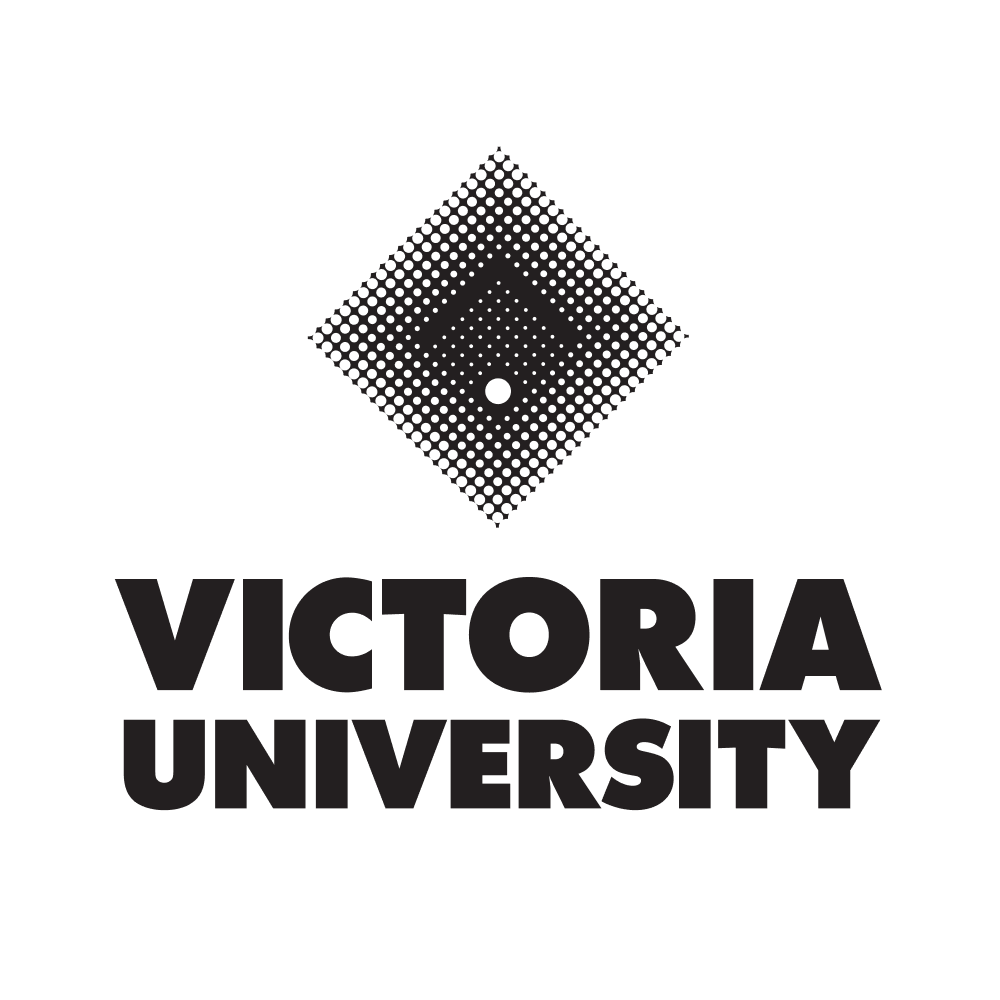Victoria University
Master of Business Analytics
- Delivery: Face to Face
- Study Level: Postgraduate
- Duration: 24 months
- Course Type: Master's
Gain in-demand, practical skills for a rewarding career applying data to solve business problems.

Course overview
In an era where information and data are central to business, the Master of Business Analytics will teach skills you can apply every day to solve business problems, create new opportunities and run the market.
You'll discover the principles of data science, data visualisation, machine learning and Artificial Intelligence (AI). Using open-source environments R and Python and cloud platforms at AWS and Github – and through our global partnership with SAP – you'll gain practical, useful skills. More importantly, you'll learn how to turn these principles and skills into business profit.
Building on our strong connections with local businesses and international partners, our course gives you hands-on experience and a true feel for using data to solve real-world problems. You will develop a portfolio of projects to present in job applications, based on our continuous review of recent job market demands. Plus, you will have plenty of opportunities to network with industry experts and learn from mentors, supported by our Postgraduate Data Analytics association.
The Master of Business Analytics course covers the following areas:
- Data wrangling and visualisation
- Predictive analytics and big data
- Artificial intelligence and machine learning for business
- Data security and governance
- Cloud technology
- Business data mining and warehousing
- IT project management
Key facts
City
Sydney
27th July, 2026
28th September, 2026
What you will study
To attain the Master of Business Analytics, students are required to complete 192 credit points consisting of:
- 48 credit points of college core units
- 96 credit points of professional core units
- 12 credit points for the Business Ethics and Sustainability unit
- 12 credit points for the Applied Business Project (Capstone) unit
- 24 credit points of elective units.
College core units
- Accounting for Management
- Data Analysis for Business
- Business Economics
- Work and Organisation Systems
Professional core units
- Predictive Analytics
- Business Analytics and Visualisation
- Experience Management
- Analytics Project Management
- Business Data Mining and Warehousing
- Data Security and Governance
- Coding for Business Analytics
- Artificial Intelligence and Machine Learning for Business
Core units
- Business Ethics and Sustainability
- Applied Business Project
Elective units
Students must complete 24 credit points of elective units.
Entry requirements
To be considered for postgraduate study, you will need to have specific academic qualifications, as outlined below. Victoria University also considers non-academic research and work experience for research candidates.
Admission criteria
Applicants must have one of the following:
- Completion of an Australian Bachelor's degree (or equivalent) in a any discipline.
- Completion of an Australian Graduate Diploma (or equivalent) in a similar discipline.
- Applicants without an undergraduate qualification may be admitted to the Graduate Diploma based on approved work experience. Upon completion of the Graduate Diploma, graduates will be eligible for admission to this course with credit granted for completed units.
Special entry programs
If you are from a disadvantaged or underrepresented social, economic or cultural background, you may be eligible for one of the university's special admission programs. These programs are designed to help you access education more easily.
Recognition of Prior Learning
You may receive credit for your previous study, reducing the time it takes to complete your course.
Pathways from other institutions
Any study completed at another institution will be considered in your application.
Credit for skills and past study
Applicants with an Australian bachelor's degree (or equivalent) or higher in a similar discipline may be eligible for an exemption of 48 credit points of study.
Contact the university for more information.
Outcomes
Learning outcomes
On successful completion of this course, students will be able to:
- Critically reflect upon theoretical approaches and analyse their application to achieve effective use of Business Intelligence/Business Analytics to support operations and management practice.
- Justify and interpret theoretical propositions and related bodies of knowledge to critically evaluate the resolution of business problems and make recommendations relevant to contemporary Business Intelligence/Business Analytics Systems.
- Critically reflect on cross-disciplinary knowledge in decision making associated with the selection, implementation and use of Business Intelligence/Business Analytics Systems for emerging contexts.
- Exhibit accountability in autonomous and collaborative judgements and innovative strategic thinking in response to contemporary and future business Intelligence/business analytics challenges.
- Formulate, implement and evaluate industry-specific investigations to resolve complex professional problems and inform decision-making, drawing on Business Intelligence/Business Analytics Systems and associated Information Systems.
- Articulate effectively with specialist and non-specialist audiences, including multi-disciplinary teams, diverse cultural communities and business and other professional organisations, regarding Business Intelligence and Analytics.
- Propose and execute a substantial research-based project or evidence-based capstone experience linked to a contemporary Business Intelligence/Business Analytics System to generate and evaluate complex ideas and concepts at abstract and practical levels.
- Exemplify initiative and inspirational leadership in a contemporary work environment, acting consistently, ethically and socially responsibly.
Career outcomes
The Master of Business Analytics prepares you for positions including:
- Business analyst
- Business intelligence analyst
- Machine learning and AI consultant
- Data scientist
Fees and FEE-HELP
Indicative fee per unit in 2026: $4,313 (domestic full-fee paying place)
Indicative full fee in 2026: $34,500 per year (domestic full-fee paying place)
Full-fee courses are not government subsidised. You will pay the total cost of each unit.
A student’s fee may vary depending on:
- The number of units studied per term.
- The choice of major or specialisation.
- Choice of units.
- Credit from previous study or work experience.
- Eligibility for government-funded loans.
You may also need to pay the student services and amenities fee.
Student fees shown are subject to change. Contact the university directly to confirm.
FEE-HELP loans are available to assist eligible full-fee paying domestic students.

















